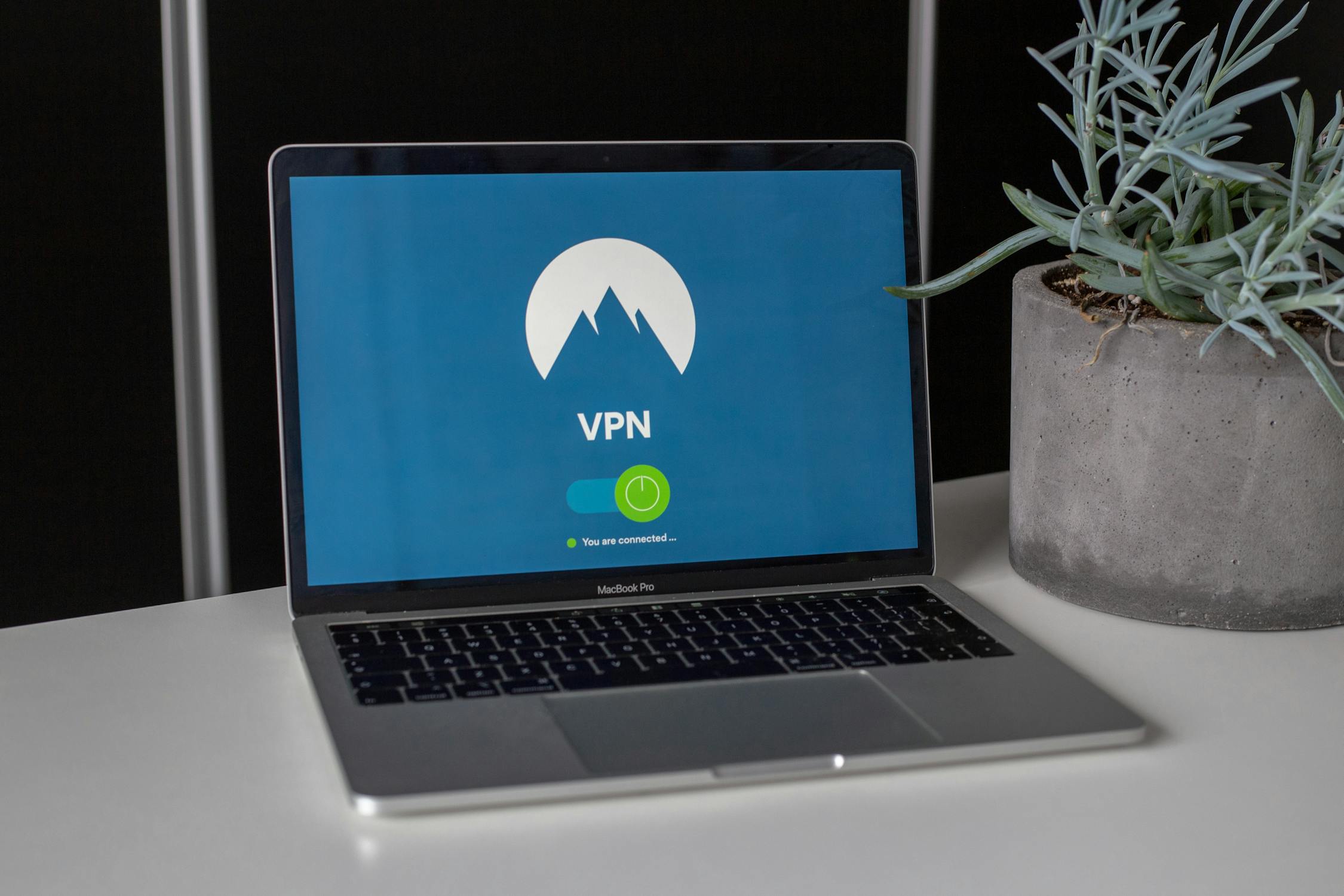Using VPNs Without Sacrificing Speed

Virtual Private Networks (VPNs) offer an effective way to secure online activities, mask IP addresses, and access geo-restricted content. However, many users experience a significant drop in internet speed when using VPNs, which can be frustrating. Maintaining speed while ensuring security is crucial for an optimal online experience. This article will explore how to use VPNs without sacrificing speed.
Understanding VPN Speed Impacts
VPNs function by routing your internet traffic through an encrypted tunnel to a server operated by the VPN provider. This process can slow down your connection for several reasons, including encryption overhead, distance to the server, and server load.
Encryption is a key factor as it adds an extra layer of data processing. The stronger the encryption, the more data needs to be processed, which can result in slower speeds. According to research from Kaspersky, high-level encryption like AES-256 can have a noticeable impact on performance.
The distance between your device and the VPN server also plays a role. The further the data has to travel, the longer it takes. For example, connecting to a server on another continent will generally result in slower speeds compared to a local server.
Server load or the number of users connected to the same server can affect speed as well. Overloaded servers struggle to maintain high speeds, leading to lagging connections. To mitigate this, choose VPN providers known for having multiple high-speed servers globally.
Choosing the Right VPN Provider
Selecting a VPN provider that prioritizes speed alongside security is essential. Not all VPN services are created equal; some offer better performance due to advanced technologies and infrastructure investments.
- Server Network: Opt for providers with a vast network of servers worldwide. More servers mean less congestion and faster speeds.
- Speed-Optimized Servers: Some providers offer specialized servers optimized for high-speed activities like streaming or gaming.
- Protocol Choices: Modern protocols like WireGuard offer faster speeds and better security compared to older ones like OpenVPN.
For instance, ExpressVPN is known for its extensive server network and advanced Lightway protocol designed for improved performance.
Configuring Your VPN for Optimal Speed
Your settings and configurations can significantly influence your VPN’s performance. Here are some tips to help you configure your VPN for maximum speed:
Select Nearby Servers: Always connect to servers geographically closer to you. This reduces latency and enhances speed.
Utilize Split Tunneling: This feature allows you to route only specific traffic through the VPN, reducing the load on your connection.
Avoid Peak Times: Like any other online service, VPNs can experience peak usage times. Connecting during off-peak hours can yield better speeds.
Testing and Monitoring Your Connection
Regularly testing and monitoring your connection helps ensure you’re getting the best possible speed from your VPN. Use tools like Speedtest.net to measure your internet speed with and without the VPN active.
| Test Scenario | Average Speed (Mbps) |
|---|---|
| No VPN | 100 Mbps |
| VPN Active (Local Server) | 85 Mbps |
| VPN Active (Distant Server) | 60 Mbps |
If you notice significant drops in speed, consider switching servers or adjusting your encryption settings. Tools like ExpressVPN’s built-in speed test feature can help identify faster servers within their network.
Maintaining internet speed while using a VPN involves understanding the factors affecting performance and making informed choices about providers and configurations. Selecting a reputable VPN service with robust infrastructure, using nearby servers, enabling split tunneling, and avoiding peak times are effective strategies to keep speeds high without compromising security.
Achieving a balance between security and speed with a VPN requires both knowledge and practical steps. Regular testing and monitoring can help ensure you get the most out of your service without experiencing unnecessary slowdowns. By following these guidelines, you can enjoy secure browsing without sacrificing performance.